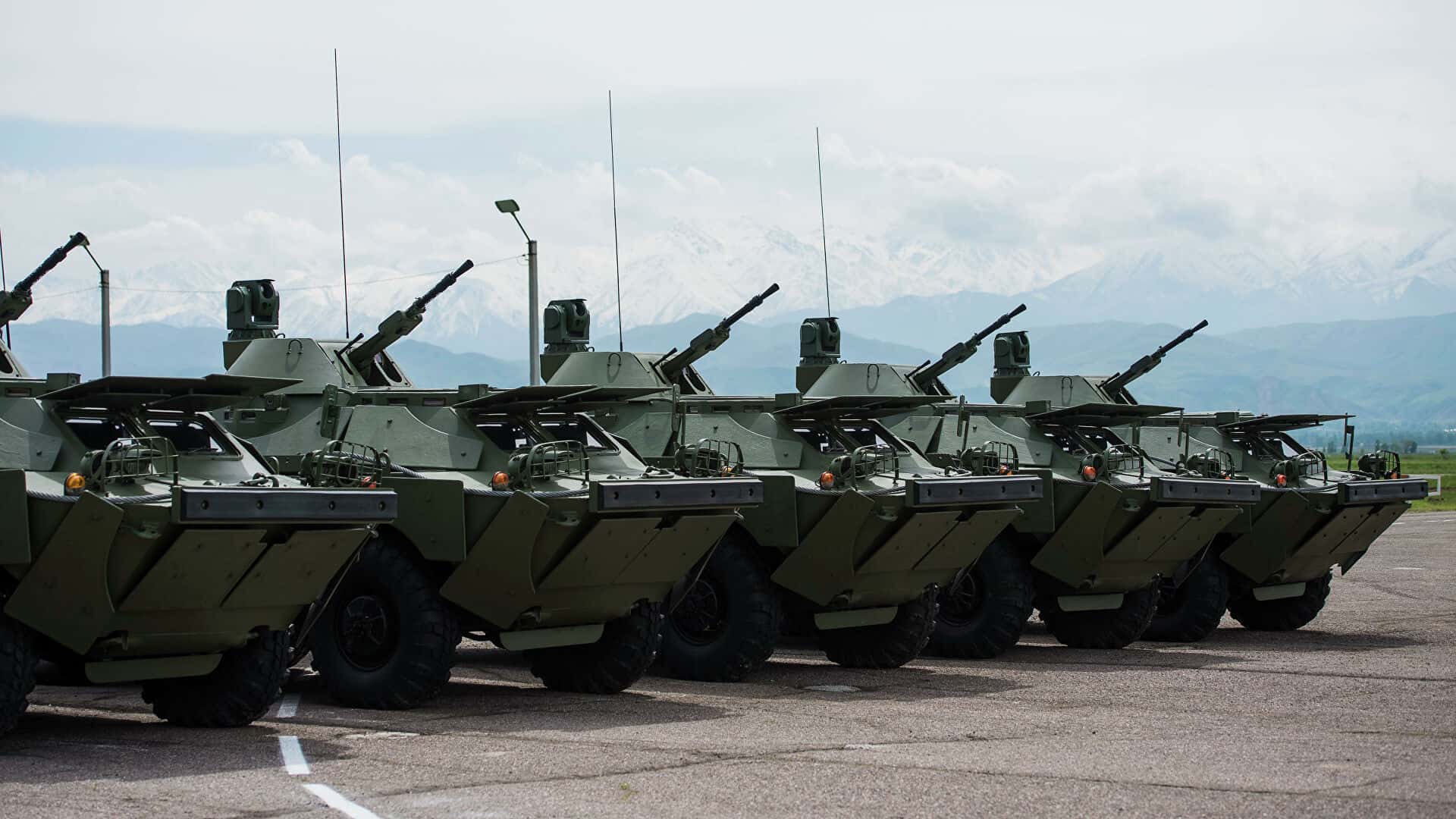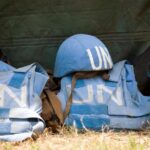Despite heavy losses and numerous challenges on the battlefield, Russia continues its war against Ukraine with the help of its strategic allies – China, North Korea, and Iran. Support from these countries allows Moscow to engage in combat operations, despite significant losses among military personnel and equipment.
Russia’s Military Losses: Majority on the Battlefield, Losses in Equipment and Resources
Since the beginning of the war in February 2022, Russia has suffered significant losses in terms of personnel and equipment. According to NATO’s Military Committee Chairman, Admiral Giuseppe Cavo Dragone, Russia has lost over 700,000 soldiers who were killed or wounded, raising doubts about its ability to sustain the war in the future. These are massive losses that have a catastrophic impact on the country’s military potential.
At the same time, Russia continues to actively deploy thousands of tanks, armored vehicles, and aircraft in combat operations, but according to NATO military leadership, many of them have been destroyed. The Russian fleet also suffered significant losses, being largely pushed out of the Black Sea. These factors indicate a serious weakening of the Russian army, but despite this, Russia is still capable of waging war with the support of its allies.
China, North Korea, and Iran: How These Countries Support Russia
One of the main factors enabling Russia to continue the war is the support from China, North Korea, and Iran. These countries provide various assistance, including weapons supply, military equipment, and strategic resources. The support from Beijing, Pyongyang, and Tehran allows Moscow to offset losses, although such assistance may not be sufficient in the long term.
- China – Russia’s largest economic partner that continues to support the Kremlin through financial and economic relations, as well as supplying the necessary equipment and technologies for conducting the war.
- North Korea provides artillery ammunition, tanks, and other military resources to Russia, helping to strengthen the front line in Ukraine.
- Iran actively supplies drones and other unmanned technologies to Russia, significantly enhancing Russia’s combat capabilities, particularly for strikes on Ukrainian targets.
Long-term Challenges for Russia: Exhaustion of Military Potential
Despite support from allies, Russia is increasingly facing challenges in conducting the war. After massive losses among its troops and equipment, as well as due to international sanctions, Russia will find it difficult to maintain a high level of combat operations in the long term. This means that its military capabilities will gradually diminish, and the Kremlin is likely to encounter serious difficulties if the conflict continues.
As Admiral Kavo Dragone points out, the situation may worsen further if international support for Ukraine continues to grow. In particular, NATO and other allies continue to provide military assistance to Ukraine, enhancing its capabilities on the battlefield. Consequently, Russia may lose its strategic initiative in the future, while Ukraine strengthens its positions, which will be a significant factor in any future negotiations.
Conclusions: How War is Evolving Against the Background of High Russian Losses
The war between Russia and Ukraine remains complex and costly for Moscow. Faced with huge losses on the battlefield and in equipment, the Kremlin relies on support from its allies – China, North Korea, and Iran. However, as military experts’ analysis shows, these losses are likely to begin negatively impacting Russia’s ability to wage war in the future. If the trend of reducing Russian military capabilities continues, Ukraine, with international support, will gain a significant advantage in conducting military operations.
The Importance of Supporting Ukraine: Why It Is Critically Important for the Future Conflict
Support from Western partners, especially NATO, is critically important for Ukraine in further combatting Russian aggression. It enables Kyiv to maintain and strengthen its military capabilities while also exhausting the enemy’s army. In such a situation, it is crucial not only to continue providing assistance but also to strive for Ukraine to negotiate from a position of strength when possible.
This not only affects the military situation but also the diplomatic scenario in the region and the future peace.


